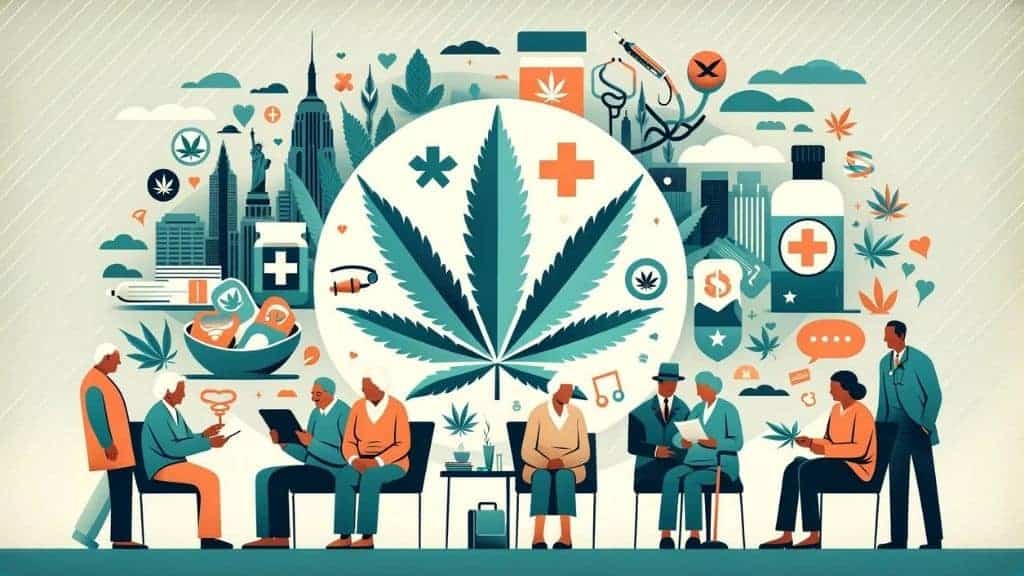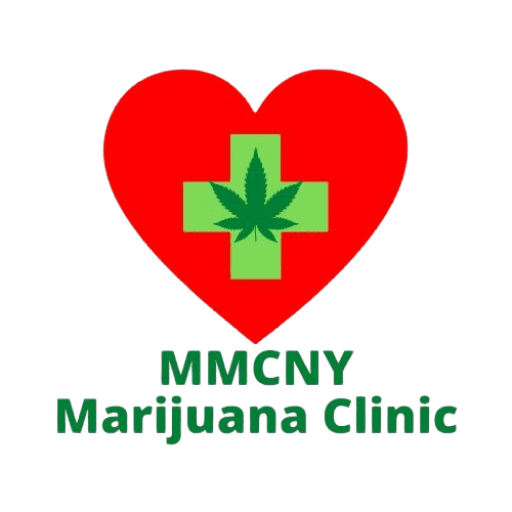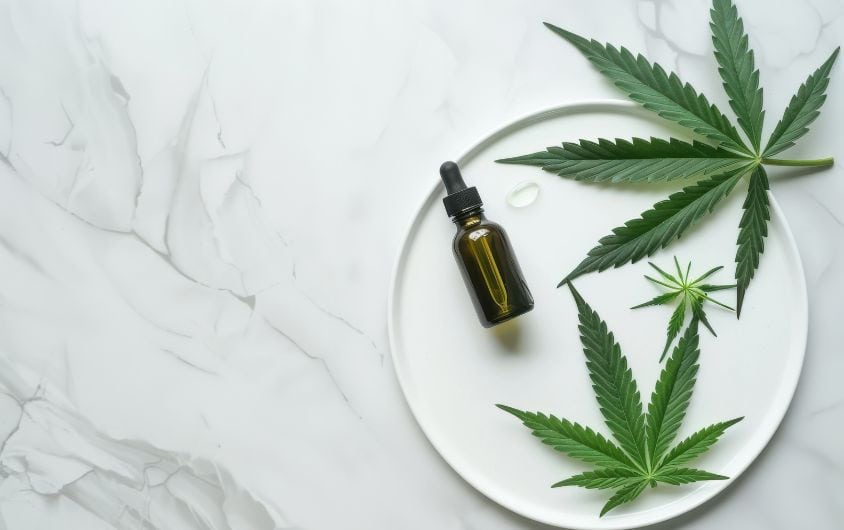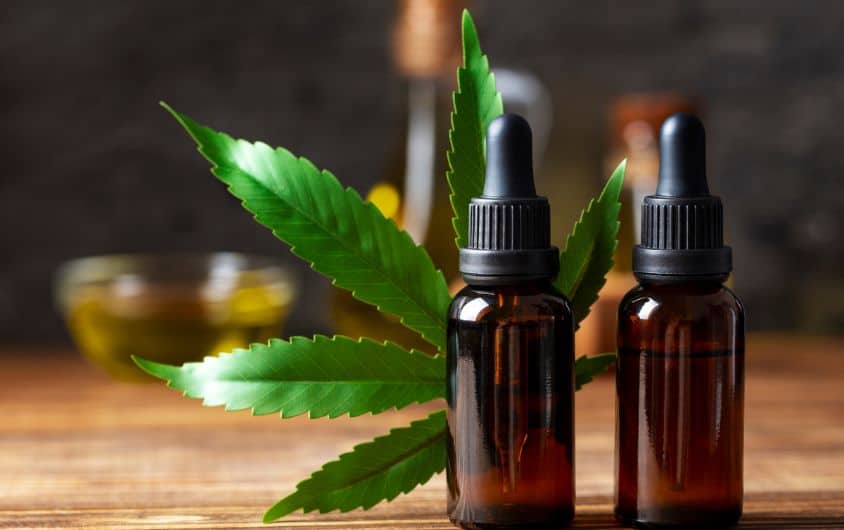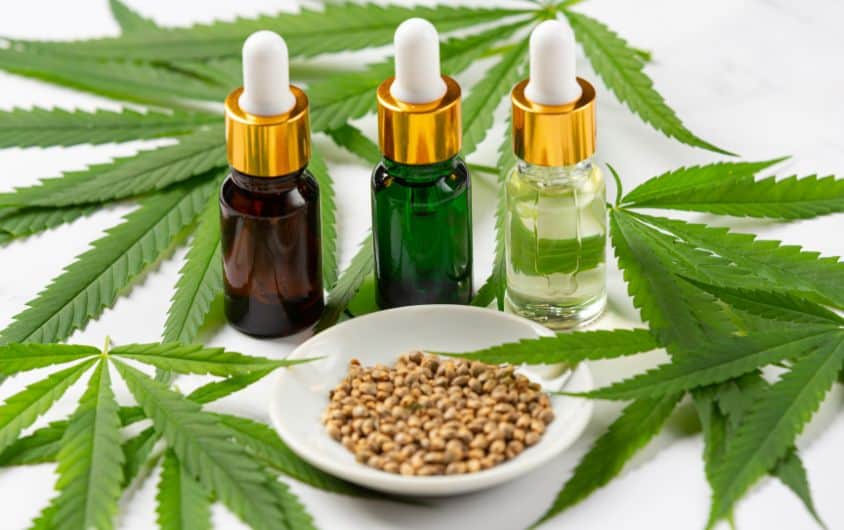Senior Citizens in New York considering the use of medical marijuana should be aware of the growing trend of older Americans turning to cannabis as a therapeutic option. According to a report published in the journal JAMA Internal Medicine, cannabis use among adults aged 65 and older increased by a staggering 75 percent over a three-year period. This indicates a significant shift towards exploring the potential benefits of medical marijuana among senior citizens in the state.
Furthermore, studies show that seniors commonly use medical cannabis for conditions such as pain, insomnia, neuropathy, and anxiety, which are prevalent among this age group. Additionally, changes in legislation, including the Marihuana Regulation and Taxation Act (MRTA) in March 2021, have improved access for medical patients in New York, making it easier for seniors to obtain medical marijuana recommendations.
These statistics and legislative changes underscore the importance for seniors to explore the potential benefits of medical marijuana as a treatment option. If you want to delve deeper into this topic, We encourage you to read our blog for comprehensive information on how medical marijuana can benefit senior citizens in New York and the steps to access it. It’s a valuable resource for seniors seeking alternatives for their healthcare needs.
Table of Contents
Toggle- Introduction
- Medical Marijuana Laws in New York
- Can Senior Citizens Benefit from Using Medical Marijuana?
- What Conditions Commonly Affect Senior Citizens That Medical Marijuana Can Help With?
- How Can Senior Citizens Obtain a Medical Marijuana Recommendation in New York?
- Which Medical Marijuana Strains Are Suitable for Different Conditions?
- How Do Seniors and Veterans Determine the Right Strain for Their Needs?
- What Are the Potential Risks and Side Effects of Using Medical Marijuana?
- How Can Seniors and Veterans Ensure Safe Usage?
- Conclusion
Introduction
What is Medical Marijuana in New York?
Medical marijuana in New York refers to the use of the marijuana plant and its extracts to treat symptoms of illness and other conditions. The State of New York has recognized the therapeutic potential of marijuana and has established a legal framework to allow patients with certain conditions to access this treatment under medical guidance.
The program is designed to ensure that patients can utilize the benefits of marijuana for medicinal purposes in a safe, controlled, and legal manner.
Why is Medical Marijuana Used as a Treatment Option?
Medical marijuana is utilized as a treatment option for its potential to alleviate symptoms associated with a wide range of medical conditions. This includes chronic pain, nausea, seizures, and muscle spasms, among others. The active compounds in marijuana, such as THC and CBD, interact with the body’s endocannabinoid system, which can help in managing pain, inflammation, and other symptoms.
The decision to use medical marijuana is often considered when traditional medications do not provide adequate relief or when the side effects of other treatments are too burdensome.
Medical Marijuana Laws in New York
What are the Legal Regulations Surrounding Medical Marijuana in New York?
The legal framework for medical marijuana in New York is designed to regulate its use and distribution, ensuring that it is available to patients in a safe and responsible manner. As of March 2023, significant changes were made to improve access for patients. Patients no longer need a medical marijuana card but require a medical marijuana certification from a qualified doctor. This certification automatically registers the patient with the state, providing them with a registration ID number to purchase medical marijuana products.
Furthermore, the legalization of recreational marijuana use and possession as of March 31, 2021, marks a significant shift in New York’s approach to cannabis. However, the medical marijuana program continues to operate with its specific regulations to ensure patients receive appropriate treatment.
Who Qualifies for Medical Marijuana Use in New York?
In New York, the eligibility for medical marijuana is determined by medical professionals. Unlike other states where specific conditions are pre-qualified, New York allows certified medical marijuana doctors to evaluate patients on an individual basis.
This approach ensures that patients with various conditions can be considered for medical marijuana treatment, provided their doctor believes it could be beneficial. This patient-centric method allows for a more personalized and flexible approach to medical marijuana certification.
Where Can Medical Marijuana be Obtained in New York?
Medical marijuana in New York can be obtained from licensed dispensaries throughout the state. These dispensaries are regulated by the state to ensure they meet strict standards of operation, including product safety and quality control.
Patients with a medical marijuana certification and registration ID number can purchase a variety of medical marijuana products, such as oils, tinctures, capsules, and more, depending on their treatment needs and the recommendations of their healthcare provider.
Can Senior Citizens Benefit from Using Medical Marijuana?
Medical marijuana has emerged as a potential game-changer in healthcare, and senior citizens are no exception to its promising benefits. Let’s delve into how medical marijuana can make a positive impact on the lives of our elderly population.
Addressing Common Ailments
As individuals age, they often grapple with a host of health issues such as chronic pain, arthritis, insomnia, anxiety, and even neurodegenerative conditions like Alzheimer’s disease. These ailments can significantly diminish their quality of life. Medical marijuana has shown remarkable efficacy in alleviating these conditions.
Studies indicate that cannabinoids, the active compounds in marijuana, have potent analgesic properties that can effectively manage chronic pain. Furthermore, they can promote better sleep, reduce anxiety, and potentially slow down the progression of neurodegenerative diseases.
Minimizing Dependency on Pharmaceuticals
One of the primary advantages of medical marijuana for seniors is the potential to reduce reliance on pharmaceutical drugs. Many seniors take multiple medications daily, often leading to unwanted side effects and drug interactions.
Medical marijuana can offer a safer and more natural alternative. In states where it’s legal, seniors have reported successfully replacing some of their medications with medical marijuana, leading to a reduced pill burden and fewer adverse effects.
Improving Overall Well-being
Medical marijuana not only addresses physical ailments but also has positive effects on mental health. Senior citizens often experience loneliness, depression, and decreased social interactions. Cannabis can provide emotional relief by elevating mood and fostering a sense of well-being. It can also stimulate appetite, which can be especially beneficial for seniors dealing with conditions like cancer or HIV/AIDS.
What Conditions Commonly Affect Senior Citizens That Medical Marijuana Can Help With?
Senior citizens are susceptible to a variety of medical conditions, and medical marijuana can offer relief for many of these ailments. Here are some common conditions that medical marijuana may benefit:
Chronic Pain
Chronic pain, often associated with arthritis, neuropathy, or injuries, can be debilitating for seniors. Medical marijuana’s pain-relieving properties can provide significant relief and improve daily functioning.
Insomnia
Sleep disorders become more prevalent with age. Medical marijuana can help seniors fall asleep faster, stay asleep longer, and experience more restful sleep.
Anxiety and Depression
Seniors may experience increased anxiety and depression due to factors like isolation and health concerns. Cannabis can help manage these symptoms and enhance overall emotional well-being.
Neurodegenerative Diseases
Conditions like Alzheimer’s and Parkinson’s disease can be slowed down or their symptoms alleviated with medical marijuana, potentially improving cognitive function and motor skills.
How Can Senior Citizens Obtain a Medical Marijuana Recommendation in New York?
For senior citizens in New York seeking the benefits of medical marijuana, obtaining a recommendation is now a streamlined process. Here’s a step-by-step guide:
- Consult a Qualified Physician: Seniors should schedule an appointment with a qualified medical marijuana doctor in New York. These doctors are authorized to evaluate patients for medical marijuana certification.
- Medical Evaluation: During the appointment, the physician will assess the senior’s medical condition and determine whether medical marijuana is a suitable treatment option.
- Receive Certification: If the doctor approves, the senior will receive a medical marijuana certification. Patients no longer need a medical marijuana card; the certification serves as their access to the program.
- Registration with the State: Upon receiving the certification, the senior is automatically registered with the state and issued a registration ID number.
- Accessing Medical Marijuana: With the certification and registration ID number, seniors can visit any of the state’s 38 medical dispensaries to purchase medical marijuana products tailored to their needs.
Which Medical Marijuana Strains Are Suitable for Different Conditions?
When it comes to medical marijuana, not all strains are created equal. Each strain contains a unique combination of cannabinoids, which are the compounds responsible for its effects. Understanding which strains are suitable for specific medical conditions is crucial for patients seeking relief.
Indica vs. Sativa
Medical marijuana strains are often categorized into two main types: Indica and Sativa. Indica strains are known for their relaxing and sedative properties, making them ideal for conditions like chronic pain, insomnia, and muscle spasms. On the other hand, Sativa strains tend to be more uplifting and energizing, making them a better choice for conditions like depression, fatigue, and mood disorders.
Hybrid Strains
Hybrid strains combine the characteristics of both Indica and Sativa strains. They offer a balanced approach and can be tailored to address a wide range of conditions. For example, a Sativa-dominant hybrid may provide pain relief while keeping the patient alert, making it suitable for daytime use.
Terpenes and Cannabinoid Profiles
In addition to Indica and Sativa classifications, the terpene profile and cannabinoid content play a significant role in determining a strain’s suitability for specific conditions. For example, strains high in the terpene myrcene are often effective for pain relief, while strains with a high CBD (cannabidiol) content are preferred for conditions like epilepsy and anxiety.
How Do Seniors and Veterans Determine the Right Strain for Their Needs?
Seniors and veterans, like any other medical marijuana patients, need to carefully consider their unique health conditions and preferences when choosing the right strain. Here’s how they can determine what works best for them:
Consult with a Medical Professional
The first step is consulting a medical professional experienced in medical marijuana treatment. A qualified healthcare provider can evaluate the patient’s medical history, current health status, and specific symptoms to recommend an appropriate strain.
Consider Personal Preferences
Seniors and veterans should consider their personal preferences and lifestyle. Some may prefer strains that do not induce strong psychoactive effects, while others may prioritize pain relief or improved sleep quality.
Start with Low Dosages
It’s advisable to start with low dosages and gradually increase as needed. Seniors, in particular, may be more sensitive to the effects of medical marijuana, so a cautious approach is essential to avoid adverse reactions.
Keep a Symptom Journal
Maintaining a symptom journal can help track the effects of different strains. This information can be valuable for adjusting the choice of strain and dosage as needed.
What Are the Potential Risks and Side Effects of Using Medical Marijuana?
While medical marijuana offers numerous benefits, it’s essential to be aware of potential risks and side effects. Some common side effects include dry mouth, red eyes, dizziness, and increased appetite. However, these are generally mild and temporary.
Psychoactive Effects
High-THC strains can induce psychoactive effects like anxiety, paranoia, and hallucinations. Seniors and veterans should be cautious and opt for strains with lower THC levels if they are concerned about these effects.
Interaction with Medications
Medical marijuana may interact with certain medications, especially for seniors who are often on multiple medications. It’s crucial to consult with a healthcare provider to ensure there are no adverse drug interactions.
How Can Seniors and Veterans Ensure Safe Usage?
Ensuring safe usage of medical marijuana is paramount for seniors and veterans. Here are some tips to promote safe usage:
Medication Management
Seniors should keep their medical marijuana products safely stored and out of reach of children and pets. Properly label containers and follow dosing instructions diligently.
Responsible Consumption
Seniors and veterans should consume medical marijuana responsibly and avoid driving or operating heavy machinery under its influence. It’s important to wait until the effects have subsided before engaging in such activities.
Regular Check-ins with Healthcare Providers
Regular check-ins with healthcare providers are essential to monitor the effectiveness and safety of medical marijuana treatment. Adjustments can be made as needed to ensure optimal results.
Conclusion
In conclusion, senior citizens in New York stand to gain valuable insights into the world of medical marijuana, which offers promising therapeutic benefits for a wide range of age-related ailments. With the legalization of medical marijuana in the state, seniors can explore alternative treatment options for chronic pain, insomnia, anxiety, and more. The simplified process of obtaining a medical marijuana recommendation, as of March 2023, streamlines access to this potential solution.
Furthermore, the ability to replace or reduce reliance on pharmaceutical drugs presents an opportunity for seniors to manage their health more naturally and with fewer adverse effects. Additionally, medical marijuana can enhance emotional well-being and provide relief from the challenges of aging.
To make informed decisions, seniors should consult qualified healthcare providers and consider individual preferences. They should also be mindful of potential risks and side effects while ensuring responsible and safe usage. With these considerations in mind, medical marijuana can empower senior citizens in New York to lead healthier and more fulfilling lives.

